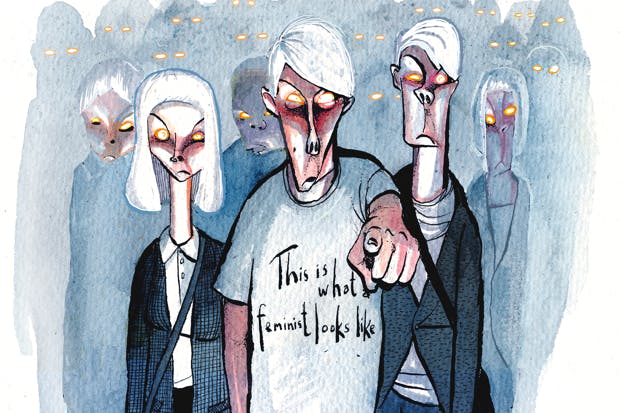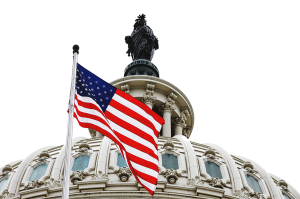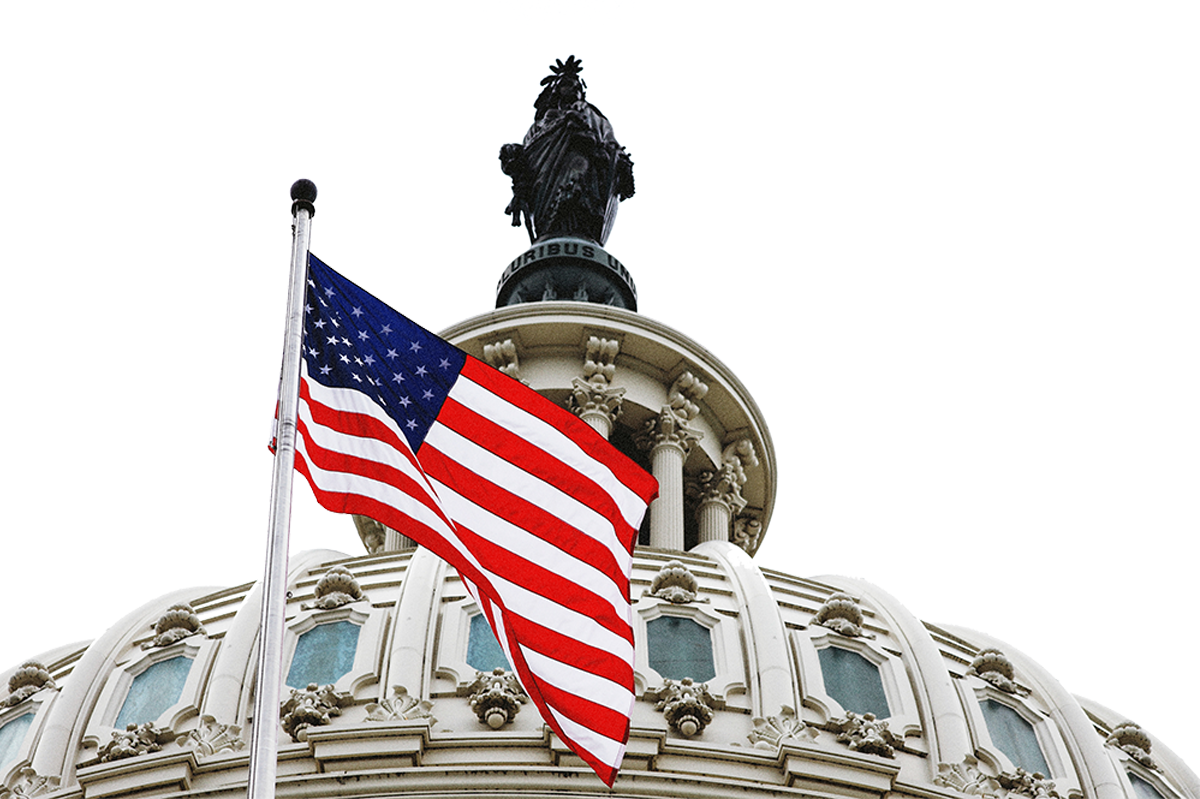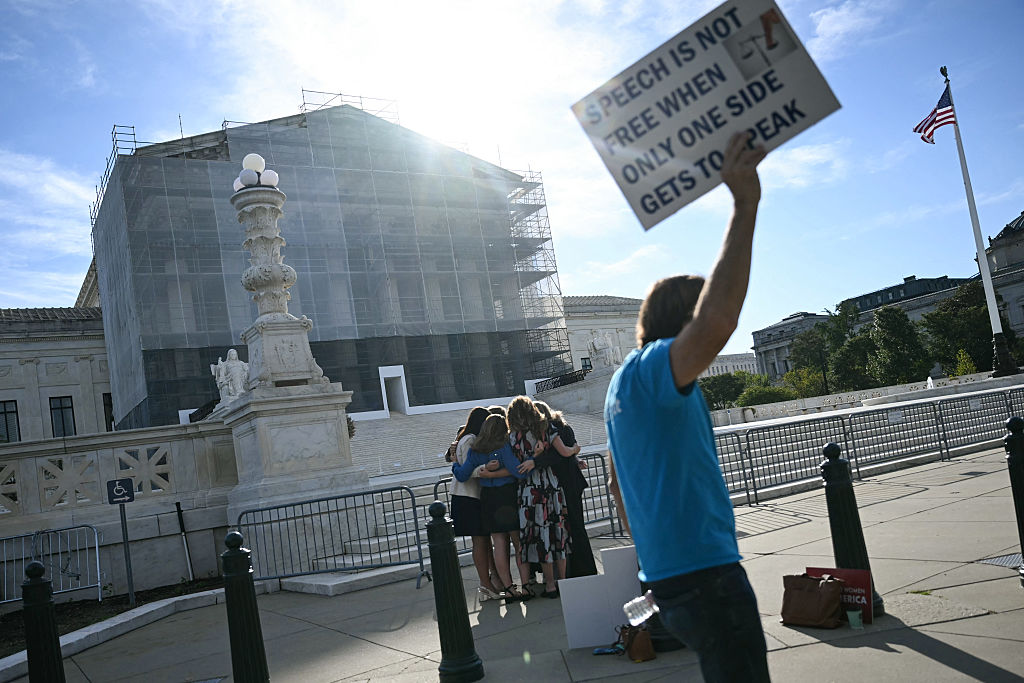According to Greg Lukianoff and Jonathan Haidt, America’s universities have succumbed to ‘safetyism’, whereby students are protected from anything that might cause them anxiety or discomfort. In their book The Coddling of the American Mind, published this week, they attribute the spread of ‘trigger warnings’, ‘safe spaces’ and ‘bias hotlines’ on campus to a misplaced concern about the psychological fragility of students. In their view, millennials aren’t ‘snowflakes’, but imagine themselves to be on account of having been surrounded by over-protective parents and teachers. The fact they are the first generation of ‘digital natives’ hasn’t helped, since it has left them marooned in echo chambers, unaccustomed to challenge. In addition, students’ familiarity with social media and their ability to whip up outrage mobs to shame university authorities into doing their bidding has shifted the balance of power in their favour.
No doubt there is some truth in this, and from a tactical point of view it may be the most sensible way of getting university authorities and students to engage in a dialogue about free speech. It enables Lukianoff and Haidt to draw on a wealth of research showing that the suppression of dissenting views is, in fact, bad for students’ psychological wellbeing. That’s more pragmatic than complaining about left-wing bias or a culture of political correctness, which is likely to result in the authors being dismissed as ‘alt-right’ or, worse, ‘white supremacists’. By focusing on mental health — a big concern of millennials — they will at least get a hearing.
But reading between the lines, it’s clear that the real problem on college campuses is not the whiny, neurotic students, but the post-modern neo-Marxist professors who are manipulating them. After all, the people being no-platformed are not disciples of crackpot post-structuralists like Jacques Lacan, whose psychoanalytical theories about castration are weird enough to disturb even the most robust students, but mainstream conservatives such as Heather Mac Donald and Ben Shapiro.
The domination of US universities by the left, particularly in the humanities and social sciences, is well documented. In 2016 a survey carried out by Econ Journal Watch looked at the voter registration of faculty members at 40 leading US universities in the fields of economics, history, law, psychology and journalism/communications. It found that Democrats outnumber Republicans by an average of 11.5 to one. In psychology, the ratio is 17.4 to one; in history, 33.5 to one.
This helps explain a phenomenon identified by the French economist Thomas Piketty whereby university graduates have drifted to the left over the past 50 years. In a paper last February, he analysed post-electoral surveys from 1948 to 2017 and found that, from the 1940s to the 1960s, the more educated voters were, the more likely they were to vote Republican. Today, the opposite is true, with 70 per cent of those with a master’s degree voting for Hillary in 2016.
This phenomenon has coincided with the growth in the number of Americans attending university. In 1948, just 6 per cent of voters had a university degree; by 2016, 13 per cent had a master’s degree or a PhD. Piketty also looked at British and French election data and found the same developments there: a drift to the left among university graduates that went hand-in-hand with a large increase in the percentage of the population obtaining degrees. ‘The trend is virtually identical in the three countries,’ he wrote.
If more people are going to university in Britain, France and America, and graduates are more likely to vote for left-wing parties, why have right-wing parties continued to win elections in those countries? The answer is simple: Piketty discovered that voters without university degrees have moved in the opposite direction. They used to skew to the left, but now skew to the right. To a lesser extent, the same pattern is discernible among high-income and low-income voters, with the two groups switching their political allegiances over the past 50 years — something that Piketty, a socialist who believes in redistributive taxation, finds baffling.
My take is we owe the survival of western capitalism, and the fact we haven’t been bamboozled by socialist snake-oil salesmen, to the innate good sense of the ordinary working man. As Bertrand Russell said: ‘Men are born ignorant, not stupid; they are made stupid by education.’
This article was originally published in The Spectator magazine.

























